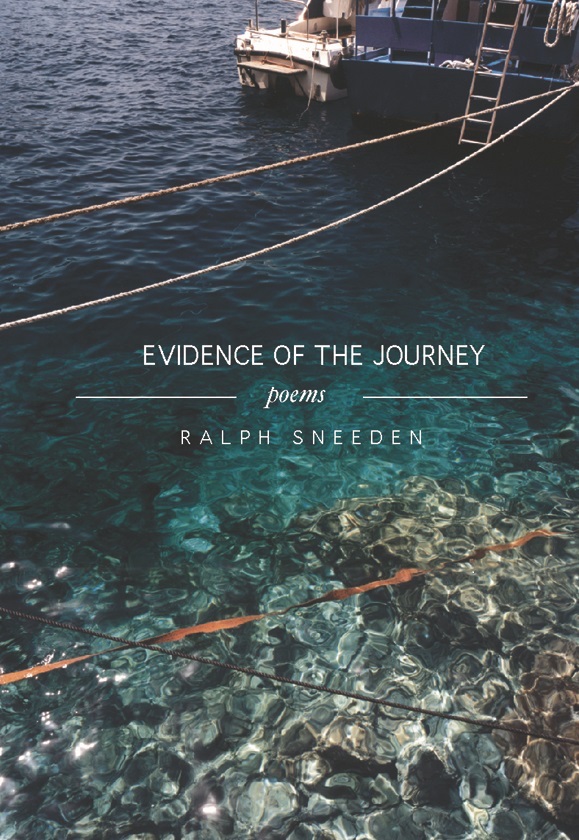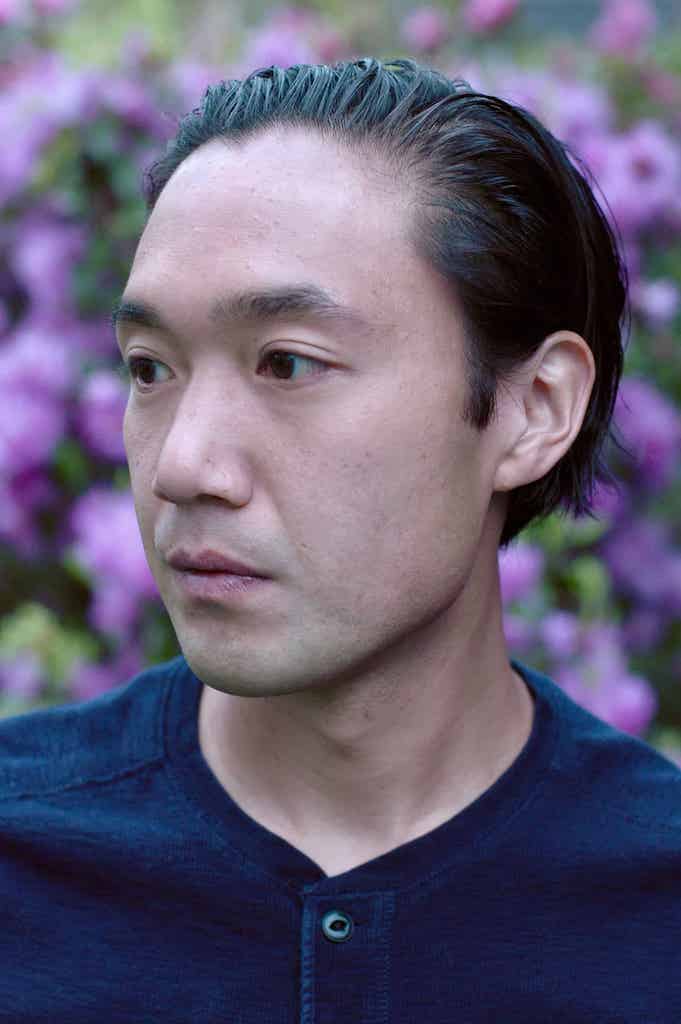“What would exile be / without memory, if one could forget the place / refused, the place departed, and return a stranger?”
I first read Ralph Sneeden’s “Evidence of the Journey” in the fall of 2003. I was twenty-three. It was two years after the attacks of September 11, but like so many of us, I was still very much haunted by those events—not yet able to put into words how they had altered me, as though I was no longer sure of my sense of self.
The truth is I’ve often felt some version of this all my life: Every time my parents moved, uprooting our family once again to begin in a new environment with new smells, a new house, new friends; when I would get lost abroad and for a split second forget the language of the country I was in, my tongue heavy and dead; when the inevitable racial slur would be thrown my way across the playground or at a summer camp; when I would hear a story about all the relatives I had never met or never would meet because they had not survived a war, had vanished, or were living across a border that was closed off from the world.
Maybe I’m trying to capture here the overwhelming feeling of losing yourself. Or the sudden awareness that you had very little idea about who you were in the first place.
Here are two things I have a difficult time writing about: myself and the sacredness of a great poem.
Maybe a great poem can give us shape when our own—that is, whatever holds us together—has slipped away.
That’s what “Evidence of the Journey” does for me: it gives my life shape when I need it the most. Not unlike W.G. Sebald’s Rings of Saturn, it’s a river of thought and observations, difficult to summarize, a poem that navigates the past and the pasts of family and strangers as our narrator grapples with trying to find the things that moor him, and whether that can be answered by history.
I’d wager to guess that in a hundred ways Sneeden’s life and family history are different than mine. And yet what is personally strange (and profound) is that every time I read the movements of this poem, a door opens into my own memory corners. So when the narrator enters a ward I think of my grandmother dying of cancer; or when a girl with shrapnel scars passes through his childhood, I am a world and decades away, with my father during an air raid that did not kill him but killed the children around him; and even the photograph taken with a stranger in Coventry pulls me back to the kindness of a man who let me stay in his house one night when all the hostels were full during my own time in England.
I love the bridges this poem creates. All the terrain it traverses. And like the best poems, I love the way it makes me feel deeply like I am a part of this world. Deeply aware of this world. That I belong in it. And that in all of our searches, all through the years, it is okay to be afraid and lost—that the “mirror is only half the story.”
Seventeen years later, still yearning and still unsure of the shape of the days coming, this poem is more relevant and necessary than ever.




